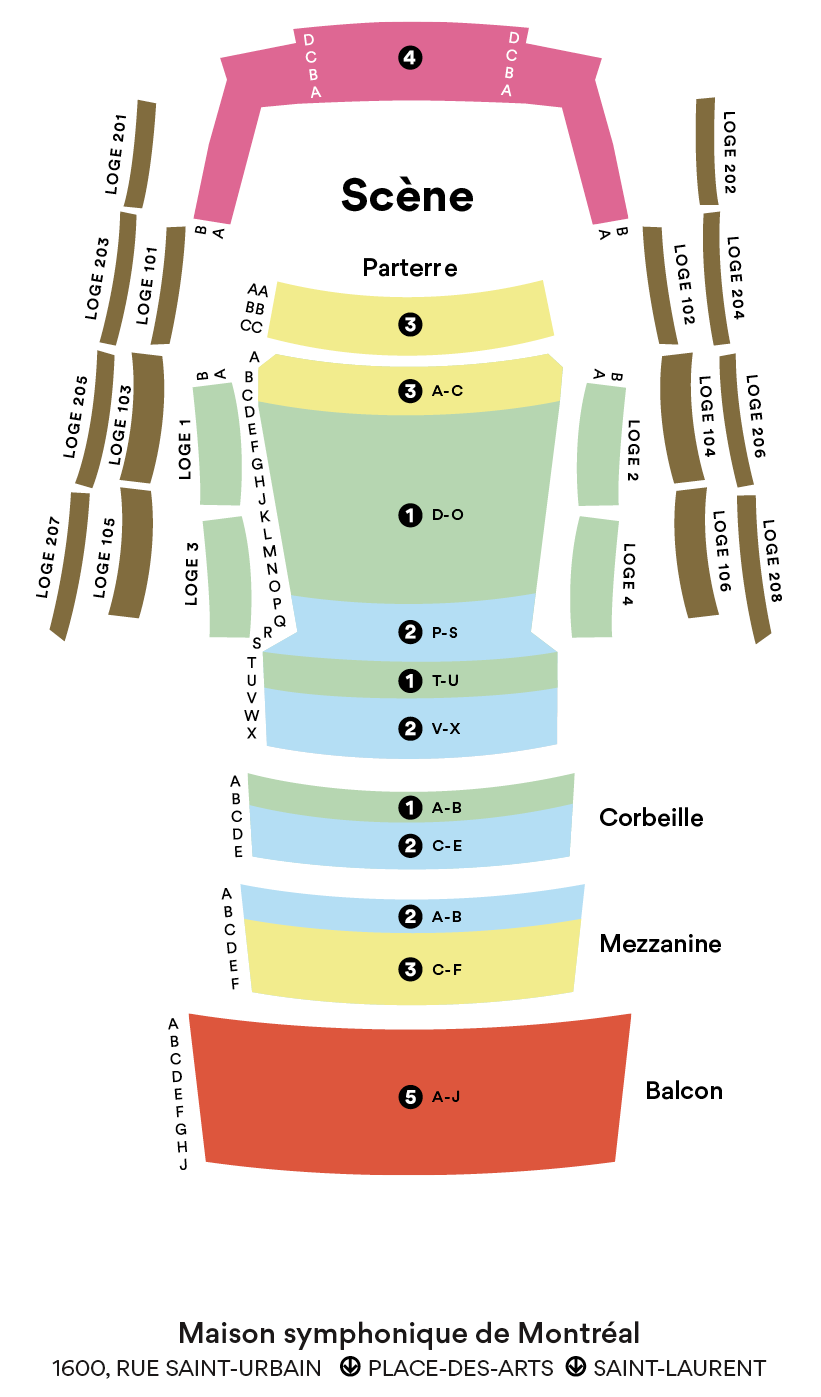Petite Suite for orchestra (orch. Henri Büsser)
Debussy
1862 – 1918
Three years after winning the Prix de Rome in 1885, Claude Debussy ended his residence at the Villa Medici. He then embarked on his bohemian years, during which, intent on rejecting any and all academicism, he decided to follow his own path, albeit one that renewed with the spirit of French music as opposed to the enormous influence of Wagner. Among a string of works that marked the maturation of his style, he composed a Petite Suite for piano four hands that “humbly seeks only to please” and that Henri Büsser would orchestrate to the composer’s complete satisfaction in 1907.
In its four movements, inspired by poems from Paul Verlaine’s Fêtes galantes and reminiscent of Chabrier, Fauré and Borodin, Debussy creates a subtle and refined harmonic atmosphere, flexibly mixing tonalities and fashioning a simple yet ingenious thematic development. In “En bateau”, an undulating barcarole, an airy, luminous flute floats on shifting arpeggios of shimmering water. There follows a somewhat formal “Cortège” and a “Menuet” that takes a few measures to reveal its beat and bathes in a sweet melancholy. The joyous concluding “Ballet”, a kind of bourée, makes room part way through for a waltz tinged with lyricism. While undeniably a minor work, this Petite Suite, these days usually heard in its orchestral version, has lost none of its charm.
© 2022 François Filiatrault
Translation by Craig Schweickert
